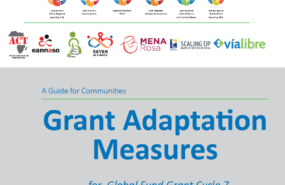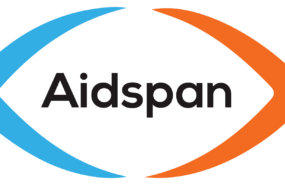Advocacy and politicians
- 27.09.2016 22:56
- Post Views: 1,009
Here are some tips, which will help you to send your messages to your country authorities representatives accurately and effectively:
- Tell about your idea quickly and substantially
- Mentioning possibility to appear in media while supporting your activities is of more interest to politicians
- Before turning to a certain politician, conduct a small research: is he well aware of this issue? Was he dealing with it before? Was his family or friends affected by this issue? Does it influence his life?
- If politician understands the issue, talk to him on equal terms, don’t tell about the issue from the very beginning
- Your request should be personal, with understanding of work and activities of this politician
- Your request should be clear and realistic
- Do not use professional slang, acronyms, abbreviations. Describe your issue in simple words
- Use a memorable line in the beginning to be remembered
- Use of personal story (not necessarily yours) can help to remember your issue and request
- Do not overuse statistics, 1-2 numbers is enough
- Choose the right time for your request, for example, before important meeting, conference on the topic of your issue or related to it, so that your request is timely and useful for this politician
- Written requests should be short, ideally 1-page. In the beginning it would be good to use a memorable line or picture
- Try to build trustful and long-term relationship with politician
- While personal meeting stay confident in yourself and your activities, be ready for complicated questions. If you don’t know the answer – tell the truth. If you promise – do
- Be nice and friendly
- If possible, show politician not only description of the program, but program itself in action, or introduce him to participants of the program
We hope, these tips will help you to build long-term and successful partnership with authorities representatives in your country.
This publication is prepared by Tetiana Senyk within the Regional Platform-EECA project and is based on the speech of Baroness Alison Sutty (member of the House of Lords of Great Britain, representative of Global TB Caucus) in the “First regional partnership advocacy meeting” (TB-REP project).
Related News
Services for migrants and refugees from Ukraine – HIV/TB care with a focus on key populations
Due to the increasing flows of refugees from Ukraine because of Russia’s invasion of Ukraine, the EECA Regional Platform created a spreadsheet to fill contacts details of face-to-face and online services for refugees and migrants (with a focus on HIV/TB care and key population groups).
Regional Platform – EECA
This web-resource is a part of new regional communication and coordination project “Regional Civil Society and Community Support, Coordination and Communication Platform - EECA”, implemented by Eurasian Harm Reduction Association (EHRA).
Tags
See also
-
Grant Cycle 7 Reprioritization: How can communities prepare? 02.07.2025 12:03
-
Webinar: Using Global Fund's Data for Advocacy 12.06.2025 12:00







